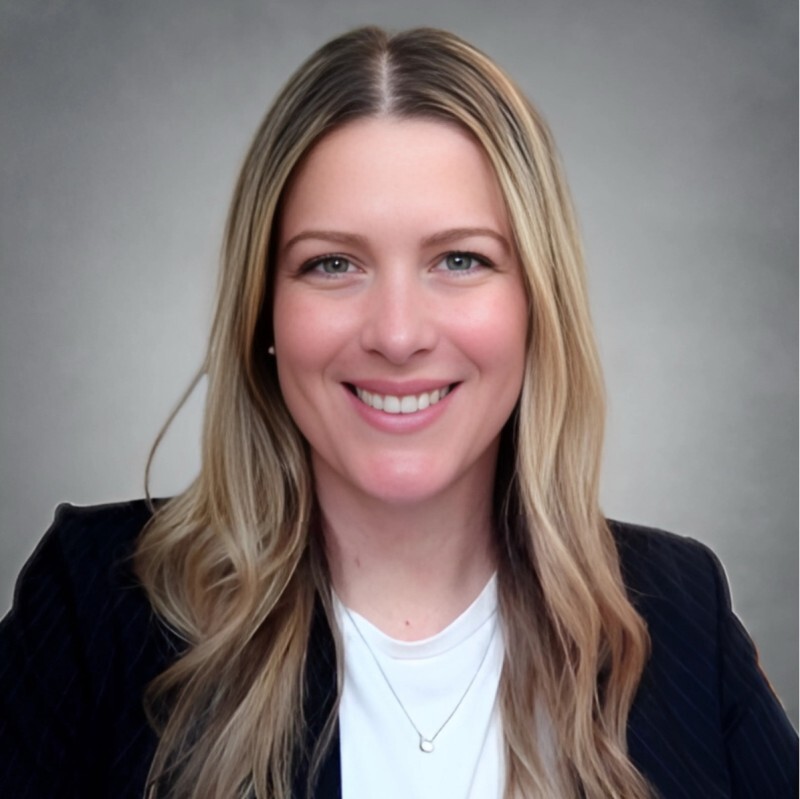You’ve arrived at treatment. You have opened the door and stepped inside. You’ve asked for help. Or you’ve agreed with someone else’s suggestion that you get help. It’s time for a substance abuse treatment plan. Stepping inside Recovery Centers of America treatment facility is your first step—the step before The Steps—toward feeling better and starting your new life.
This may have been the hardest thing you’ve ever done. Even if you don’t feel ready, you’re in the right place.
You might be scared, demoralized, physically ill, and emotionally shaky. You don’t know if you can make it through one day without picking up. Maybe you’re thinking, “My life is over.”
You are not alone, and many of us have been in your shoes, frightened and unsure. Your life is not over. Recovery is possible, no matter how much or how long you’ve been drinking or using. “You can overcome your addiction, and go on to live the life you’ve always dreamed of,” says RCA’s Chief Scientific Officer Deni Carise.
A treatment plan just for you
You’ll meet your treatment team soon after you arrive. Your admissions counselor will review your substance use, medical and mental health history, family background, and any issues that you want to address, even those beyond drug use. Your team of clinical experts will include a nurse, physician, primary therapist, case manager, family therapist, and, if needed, a psychiatrist. RCA’s medical staff will create a recovery plan tailored to your needs and concerns. You may have a dual addiction or a dual diagnosis (addiction plus mental illness). Some patients need trauma therapy. And detox treatments will vary.
Your counselor will also review why you’ve decided to come to treatment now, and how ready you are.
Detox is not treatment
RCA accepts clients any day of the year, 24/7, so sometimes patients are still using right up to admission, Dr. Carise says. Treatment starts with detox, which can be fatal when patients try it on their own. It’s critical to get medical monitoring and, in many cases, medication. According to the NIH’s National Institute on Drug Abuse (NIDA), medications are used in almost 80 percent of alcohol or opioid addiction detoxifications, to reestablish normal brain function and to decrease cravings.
If a person detoxes but gets no further treatment, he or she will usually resume their drug use, NIDA says. RCA therapists and medical personnel have many years of experience knowing how to treat the symptoms, cravings, and mood swings involved, and they’ll help you through this painful phase.
The distraction-free zone
It’s probably no surprise that RCA intake staff will search clients’ bags upon their arrival. Alcohol and drugs are confiscated, but so is anything containing alcohol, like aftershave, hand sanitizer, or cologne. In some cases, individuals struggling with alcoholism have ingested perfume. See what you should bring to your treatment.
We will safely store your cell phone, tablets, and laptops. There is a five-day communication blackout with the outside world. This is to allow you to focus on your therapy, free from distractions.
During this “blackout,” the therapeutic staff is in contact with family (with your consent and where appropriate) and sets up therapy sessions for you and them at the facility, if they are willing to participate.
Your peers in recovery.
These fellow patients, usually eight people including yourself, will be your recovery support partners, and you’ll meet daily for about an hour and half. You’ll stay with the same group the whole time you are in treatment and sometimes you’ll even be with some of them when you continue into outpatient treatment later.
Some recovering alcoholics and addicts who first met in rehab form bonds that have continued later into Twelve-Step meetings and through many years of recovery and life. Because all of RCA’s facilities are located on the East Coast, many people are able to be in treatment near their homes. The “neighborhood-based” treatment model used by RCA means that there are multiple levels of care offered in one place (inpatient, outpatient, part-time care, workshops and classes), families and friends are close enough to visit, and patients can easily transition from inside to outside AA or NA meetings.
RCA facilities are designed to help remove the stigma that often accompanies addiction and substance use disorder treatment. Beautiful rooms, comfortable beds, great meals, and fitness facilities help round out the addiction education and therapy. “RCA is the place to come if you’re serious about getting well,” Dr. Carise says.
If you or someone you know is struggling with a substance use disorder, call 1-800-RECOVERY today.







